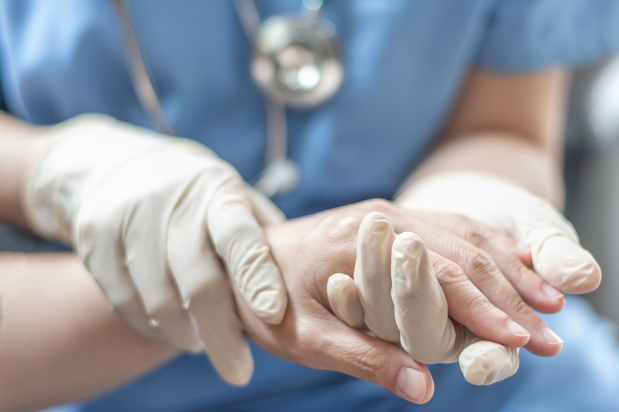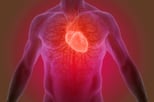Due to its legalization in over 25 states, marijuana use is growing in popularity among people who may not have considered it when there was a risk of legal ramifications. This means that there are more naive users experimenting with the effects of marijuana in its various forms of consumption, including marijuana edibles.
When smoked, marijuana's effects are felt almost immediately, with peak blood concentration generally occurring about an hour into a high that may last a few hours. This cycle makes inhaling marijuana fairly predictable in both the intensity and longevity of its effects, even for those inexperienced with its use.
However, it can take over an hour for noticeable effects of marijuana to kick in when consumed in edible form, and the high can last up to 12 hours. Therefore, those who are new to marijuana in general or new to eating edibles could easily assume that they haven't consumed enough to get high and ingest more, resulting in an overdose.
Emergency Room Visits
According to a recent study published by Annals of Internal Medicine, a Denver hospital saw a threefold increase in emergency room visits attributable to marijuana from 2012 to 2016. Measurements included the route of exposure (a form of consumption), disposition, dose, symptoms, and discharge diagnosis.
The most common reason for inhalation of marijuana to end in an emergency room visit is cannabinoid hyperemesis syndrome, a condition involving repeated or cyclic vomiting.
Although visits due to inhaled use of marijuana were more frequent than those attributable to marijuana edibles, patients who had eaten marijuana were more likely to exhibit acute psychiatric symptoms such as anxiety and panic attacks, auditory and visual hallucinations, and extreme paranoia.
Cause for Concern
Marijuana edibles constitute a small share of total marijuana sales, with consumption of edibles being reported by only 3.6 percent of marijuana users. However, nearly 11 percent of all emergency room visits attributable to marijuana use were due to marijuana edibles.
Due to the unpredictable nature of its effects, consuming marijuana edibles poses three unique health risks.
1. Acute Psychiatric Symptoms
Individuals who abuse edibles are at great risk of experiencing psychotic episodes, especially if a family history of mental illness is present.
2. Severe Intoxication
In addition to edibles taking longer to induce effects and thus providing a generally longer high, absorption rates vary from person to person, depending on their weight and the fat content of the edible. Teenagers and college students are especially vulnerable since they are prone to peer pressure and impulsivity.
3. Cardiovascular Risks
Abuse of edibles can cause panic attacks and spikes in anxiety, along with irregular or racing heartbeats. Compared to marijuana users who smoke or vape, individuals who consume edibles are almost three times more likely to experience cardiovascular problems. Chronic marijuana use also has negative effects on sexual stamina.
Common Misconception
There is a common misconception that marijuana is harmless, but legalized edibles are providing enticing forms of consumption that are taking people by surprise with their harmful effects. In addition, these health risks raise concerns about impaired driving, increased risk of addiction, and negative impacts on the brain development of youths.
Clearly, there is a need to raise awareness among both users and sellers concerning the potency and unique risks of marijuana edibles, in order for consumers to see beyond the misleading innocence of those lollipops and gummy bears.
If you or someone you know is seeking help from addiction, please visit our directory of treatment centers or call 800-891-8171 to speak to a treatment specialist.








